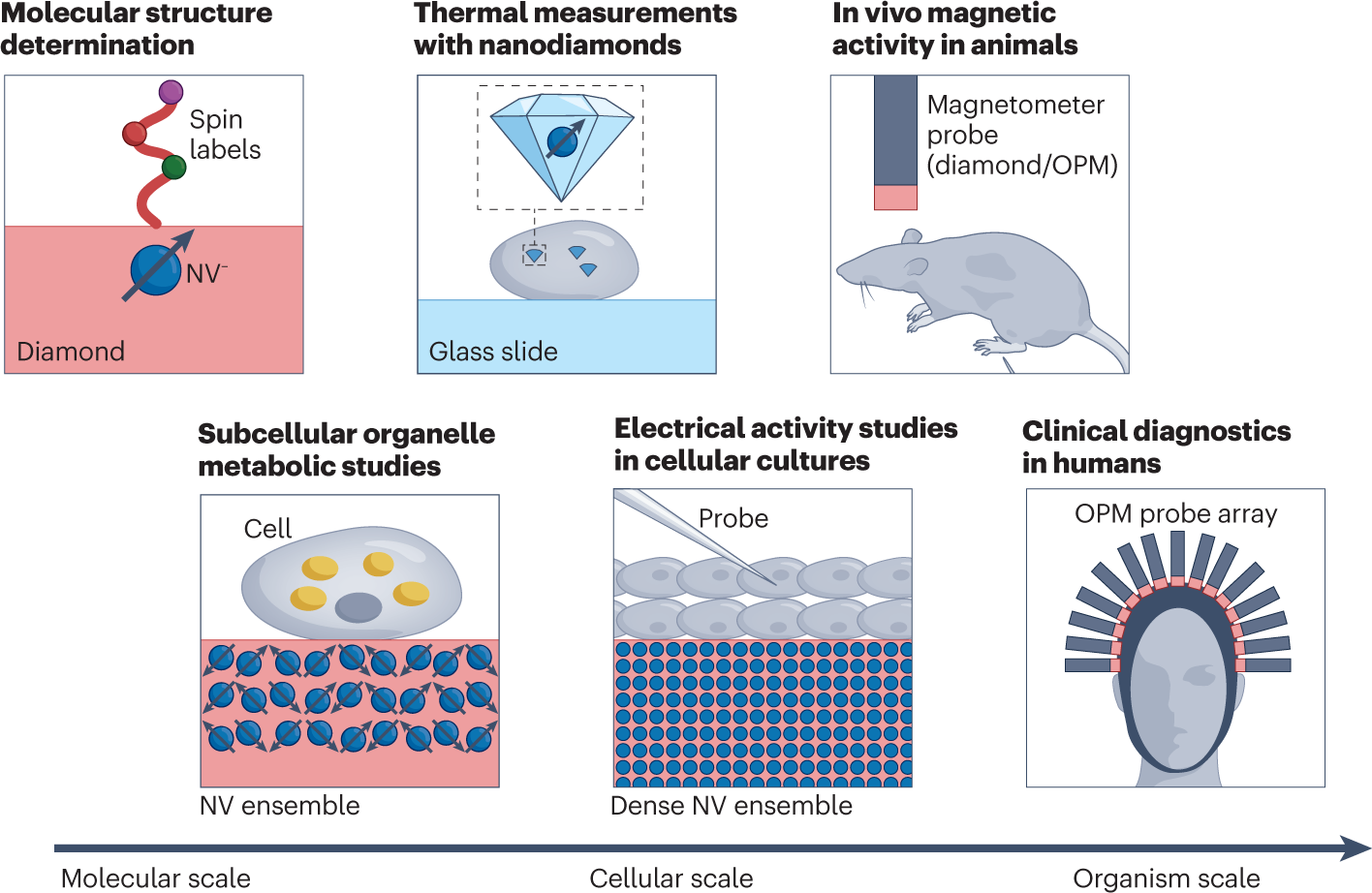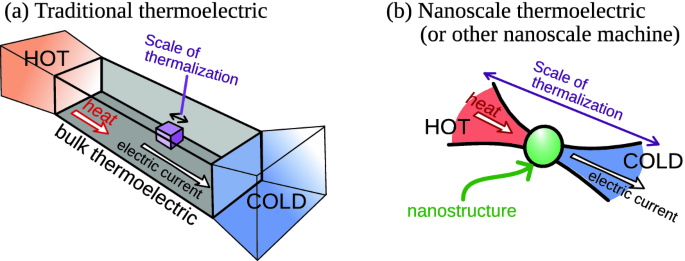The world of medicine has always been driven by innovation, with scientists and researchers constantly seeking ways to improve diagnostics, imaging, and treatment. One of the most exciting frontiers in this quest is the integration of quantum sensors into medical technology. Quantum sensors, which harness the principles of quantum physics, are poised to revolutionize healthcare in ways we could have only imagined a few years ago.
What Are Quantum Sensors?
Before we dive into their applications in medicine, let’s first understand what quantum sensors are. At their core, quantum sensors are devices that use the delicate properties of quantum systems to make incredibly precise measurements. Unlike classical sensors, which rely on classical physics principles, quantum sensors exploit quantum phenomena such as superposition and entanglement to achieve unprecedented levels of accuracy.
The key components of a quantum sensor include a quantum system, a mechanism to interact with the target, and a readout system to measure the quantum state. These sensors can measure a wide range of physical quantities, including magnetic fields, electric fields, temperature, and even time with remarkable precision.
Quantum Sensors in Medical Imaging
One of the most promising applications of quantum sensors in medicine is in the realm of medical imaging. Traditional imaging techniques like X-rays, CT scans, and MRI scans have been indispensable in diagnosing and monitoring various medical conditions. However, quantum sensors are poised to take medical imaging to the next level.
Quantum sensors can provide higher-resolution images with greater sensitivity and faster acquisition times. For example, quantum-enhanced MRI could allow for earlier detection of diseases and provide clearer images of tissues and organs. This could significantly improve the accuracy of diagnoses and treatment planning.
Advancing Drug Development
Drug development is another area where quantum sensors are making a significant impact. Quantum sensors can be used to study the behavior of molecules at the quantum level, enabling researchers to better understand molecular interactions and the effects of drugs on specific targets within the body.
By gaining deeper insights into molecular processes, drug developers can design more effective medications with fewer side effects. This not only speeds up the drug development process but also leads to more personalized treatment options for patients.
Quantum Sensors for Early Disease Detection
Early detection of diseases is often the key to successful treatment. Quantum sensors are showing promise in this regard by enabling the detection of biomarkers at extremely low concentrations. These sensors can identify specific molecules associated with diseases like cancer, diabetes, and Alzheimer’s disease, even before clinical symptoms appear.
The ability to detect diseases at their earliest stages can dramatically improve patient outcomes. Doctors can intervene sooner, when treatments are more likely to be effective, and patients can enjoy a better quality of life.
Quantum Sensors in Surgery and Therapy
Quantum sensors are also finding applications in surgical procedures and therapies. For instance, during surgery, quantum sensors can help surgeons precisely locate tumors and vital structures, minimizing damage to healthy tissue. In addition, they can monitor temperature, pressure, and blood flow in real-time, ensuring safer and more accurate procedures.
In cancer treatment, quantum sensors can be used to deliver precise doses of radiation to tumor cells while sparing healthy tissue. This targeted therapy reduces side effects and improves the chances of a successful outcome.
Challenges and Future Prospects
While the potential of quantum sensors in medicine is undeniable, there are still challenges to overcome. These include the need for specialized equipment, the cost of development and implementation, and ensuring the reliability and stability of quantum sensors in clinical settings.
However, with ongoing research and development, these challenges are gradually being addressed. As quantum technology becomes more accessible and affordable, we can expect to see quantum sensors playing a more significant role in healthcare.
Conclusion
Quantum sensors are ushering in a new era in medicine, offering unprecedented precision and sensitivity in diagnostics, imaging, and treatment. From improving medical imaging to advancing drug development, detecting diseases early, and enhancing surgical procedures, the applications of quantum sensors in healthcare are vast and promising.
As researchers continue to explore the possibilities of quantum sensors, we can look forward to a future where medical diagnoses are more accurate, treatments are more effective, and patients enjoy improved overall healthcare outcomes. Quantum physics is opening new doors in medicine, and the journey has only just begun.






